Reduce greenhouse gas emissions by over 10%
According to the Ministry of Agriculture and Rural Development, the Mekong Delta is the main rice production region of Vietnam, with a stable rice output of 24-25 million tons/year, accounting for over 55% of rice output and 90% of rice exports nationwide. Rice production contributes to creating jobs and stable income for millions of farming households. Although many programs, projects, and advanced, environmentally friendly rice production models have been applied, the rice industry in the Mekong Delta still has many limitations... The project "Sustainable development of one million hectares of high-quality and low-emission rice cultivation associated with green growth in the Mekong Delta by 2030" has been approved and will be implemented in 12/13 provinces and cities in the Mekong Delta (except Ben Tre).
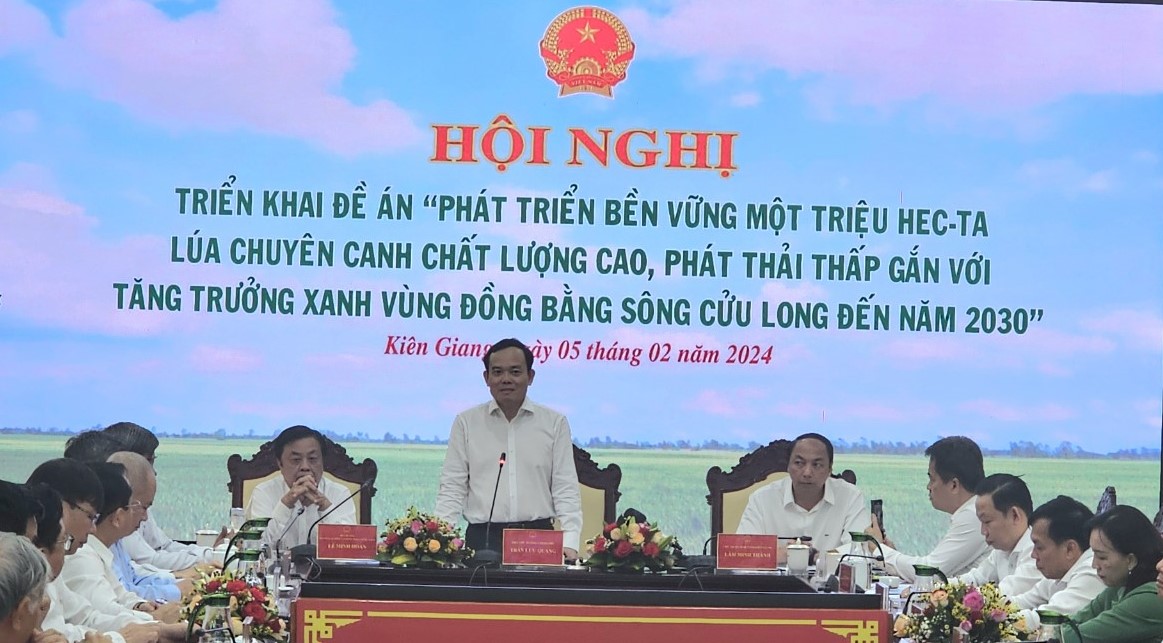
Deputy Prime Minister Tran Luu Quang speaks at the conference
Accordingly, specialized rice growing areas will be implemented in conjunction with the reorganization of the production system according to the value chain, applying sustainable farming processes to increase value, sustainable development of the rice industry, improve production and business efficiency, income and life of rice growers, protect the environment, adapt to climate change and reduce greenhouse gas emissions, contributing to the implementation of Vietnam's international commitments.
The target by 2025 is that the cultivated area of high-quality and low-emission rice will reach 180,000 hectares. 100% of the production area of high-quality and low-emission rice will have links between enterprises and cooperatives, cooperatives or farmers' organizations in production and consumption of products; the rate of synchronous mechanization will reach over 50% of the area; over 200,000 households will apply sustainable farming processes; the post-harvest loss rate will be under 10%; 70% of straw in specialized areas will be collected from the fields and processed for reuse; greenhouse gas emissions will be reduced by over 10% compared to traditional rice cultivation.
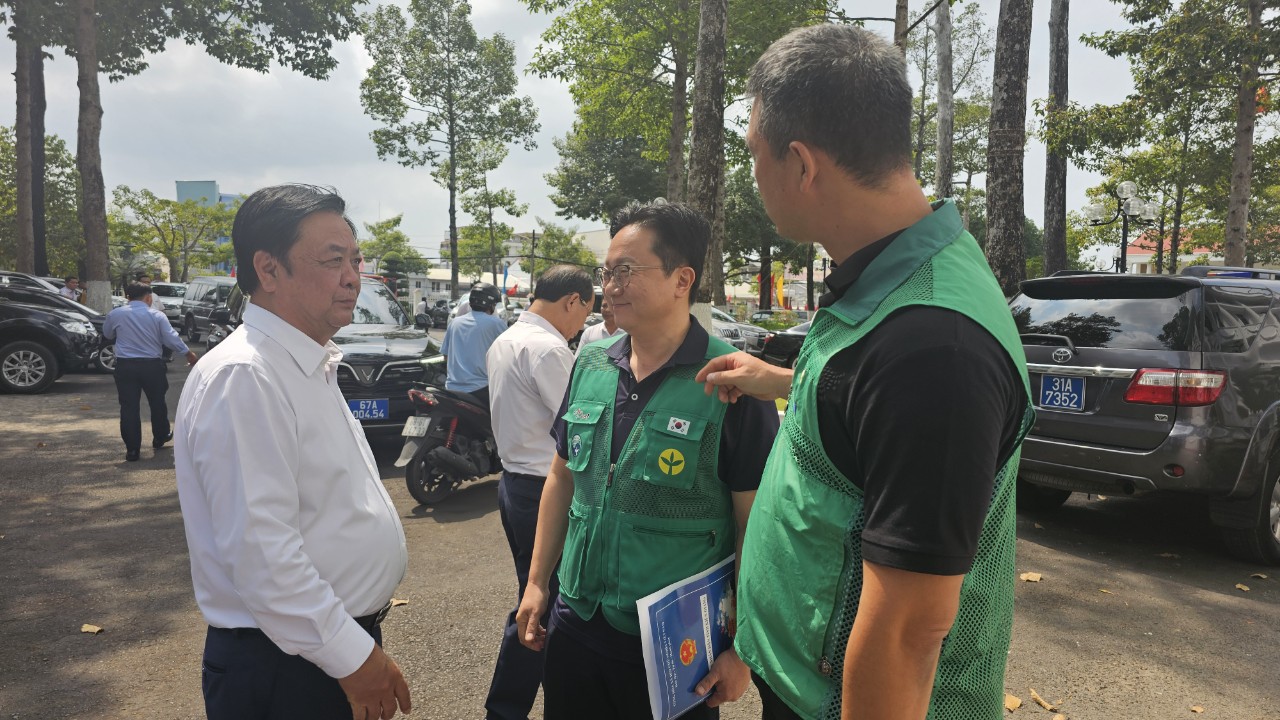
Minister of Agriculture and Rural Development Le Minh Hoan (left) talks with foreign delegates attending the conference.
For a "transparent, responsible, sustainable" rice industry
According to Minister of Agriculture and Rural Development Le Minh Hoan, in addition to the productivity and output targets, the Project aims to transform according to agricultural economic thinking, improve quality, standardize varieties, standardize cultivation processes, standardize harvesting and post-harvest technology, standardize growing area codes, and traceability. From single-value growth, taking rice grain prices as the target, the Project sets the goal of integrated multi-value growth, associated with a green growth model, circular agriculture, and industry chains.
"To overcome the fragmentation, fragmentation, small-scale, and spontaneous nature of rice production and trading in the Mekong Delta, the Project identifies the prerequisite as: "professionalizing the rice industry", through forming a team of professional farmers, updating knowledge and skills for farmers, improving management capacity, and the ability to cooperate of farmer organizations and agricultural cooperatives, with the capacity to sustainably link with businesses. The Project outlines a more comprehensive and comprehensive "picture" of development. The Project hopes to create the image of a "transparent, responsible, and sustainable" rice industry, Mr. Hoan emphasized.
Great pride in Vietnamese rice
Deputy Prime Minister Tran Luu Quang said: "We have never mentioned Vietnamese rice with such joy and pride. Not only in terms of output and export turnover, but also in terms of value, it has increased to an unprecedented level. Vietnam's position has increased greatly, because we not only ensure food security for ourselves but also ensure food security for the world... Today we discuss the story of rice with a new mindset, a new way of doing things, because new trends and new requirements require us to do so. We request the Ministry of Agriculture and Rural Development to complete the project to issue it soon in February 2024."
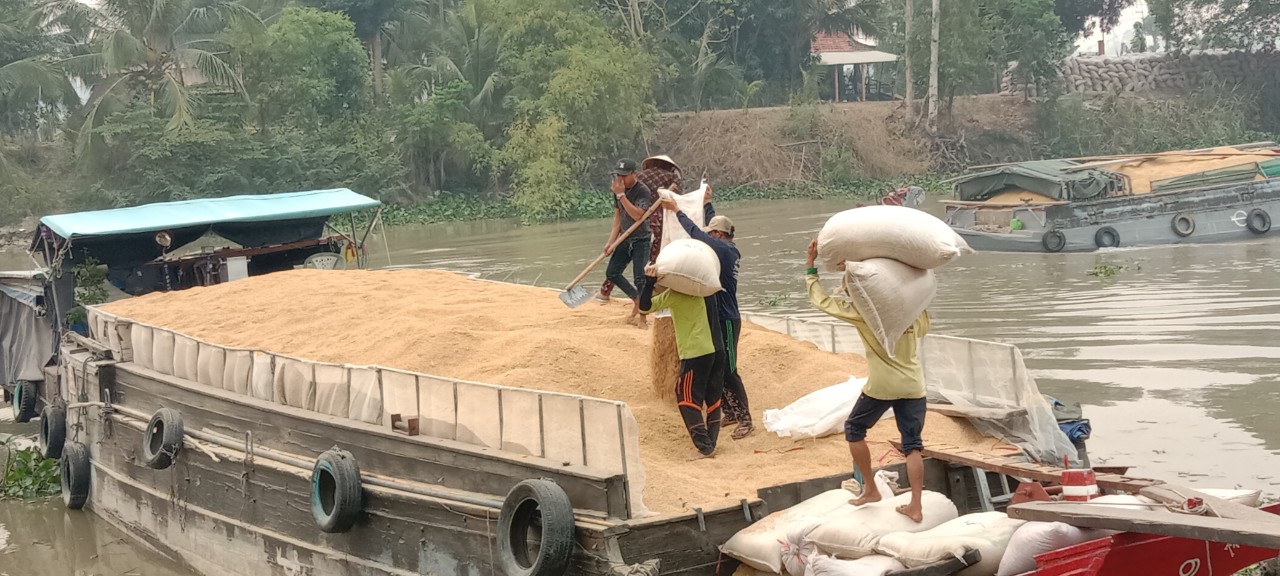
Vietnam's rice industry has a "double" success in 2023: good harvest and good price
Deputy Prime Minister Tran Luu Quang emphasized that the Project "Sustainable development of one million hectares of high-quality and low-emission rice cultivation associated with green growth in the Mekong Delta by 2030" is a "big game" and has four difficulties to implement. The most difficult of these is to change everyone's habits in dealing with the project, because it is not simple to implement the criteria in the Project. Other difficulties of the Project are the large implementation area, market impact and difficulty in unifying interests.
The Deputy Prime Minister requested ministries, localities and enterprises to pay attention to: "Wholehearted - comply - be flexible - cooperate and control". All levels, localities and enterprises must wholeheartedly implement the Project to gradually encourage each farmer to follow wholeheartedly. At the same time, "comply" with the plan, principles, and quality standards of the project; must "flexibly" respond because the market is always fluctuating and flexible in each region and locality; must "cooperate" and must "control" to avoid deviations from standards and directions in implementing the project.
Source link



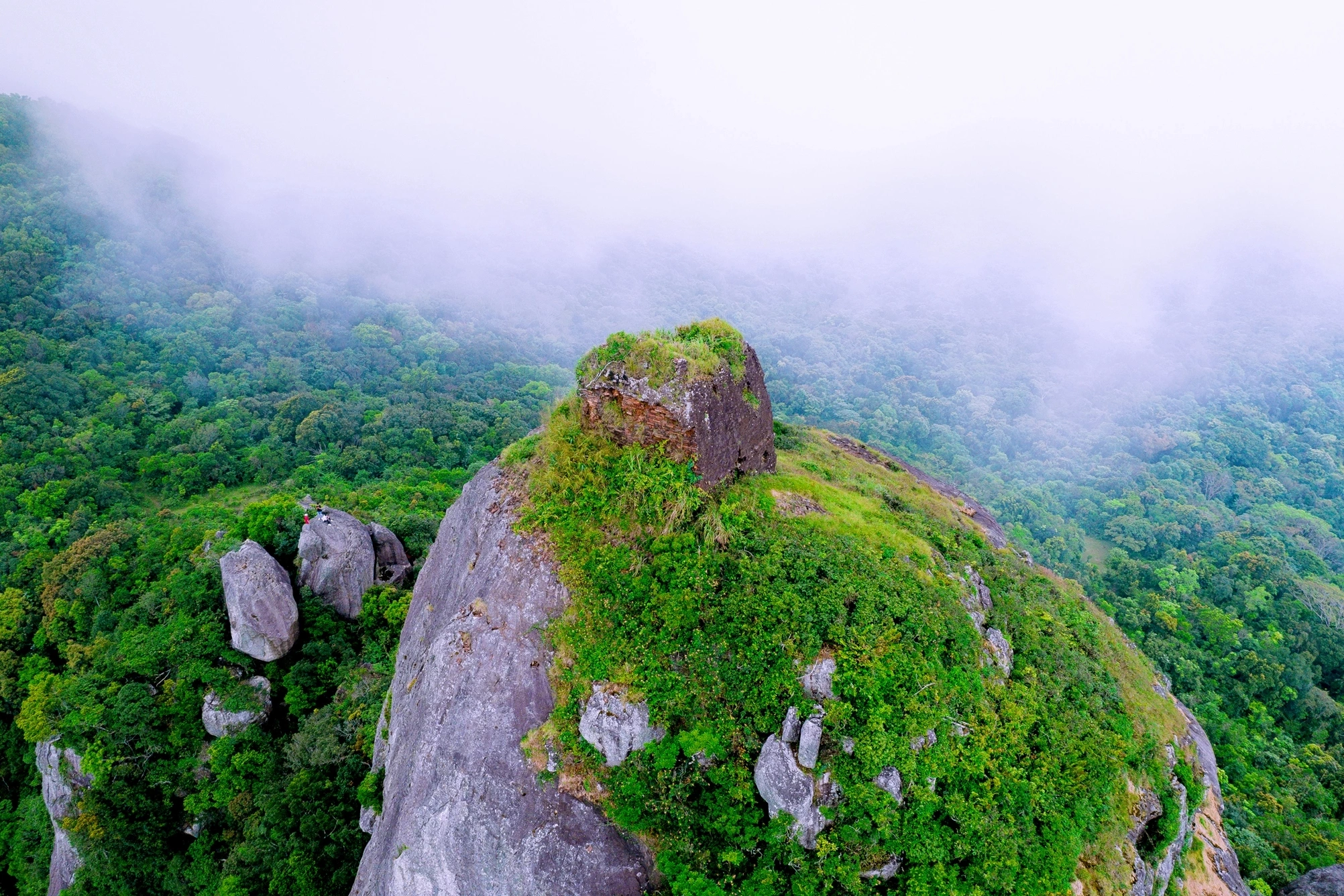

























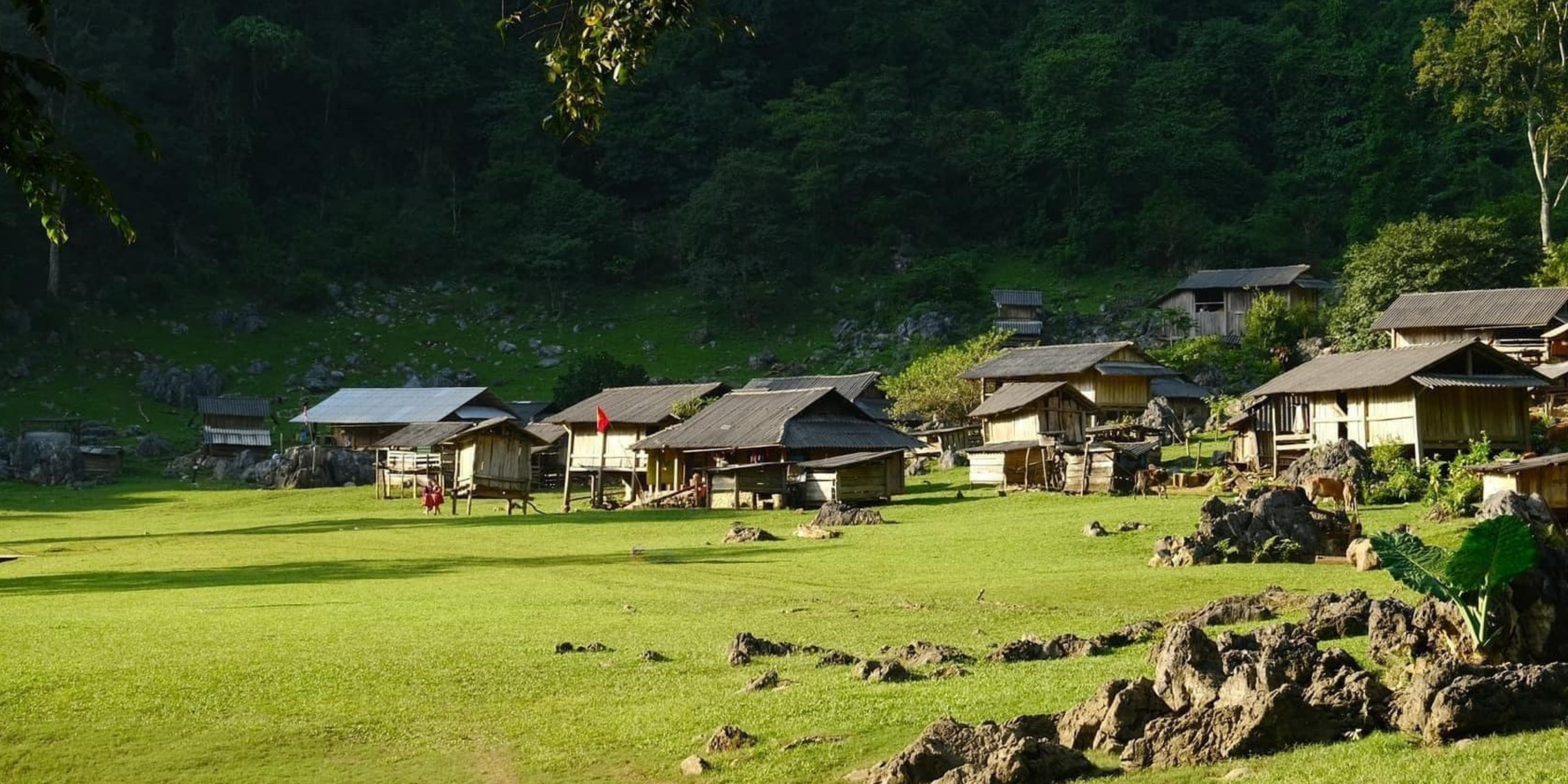
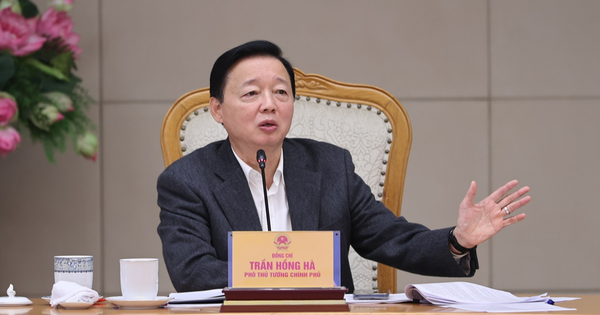

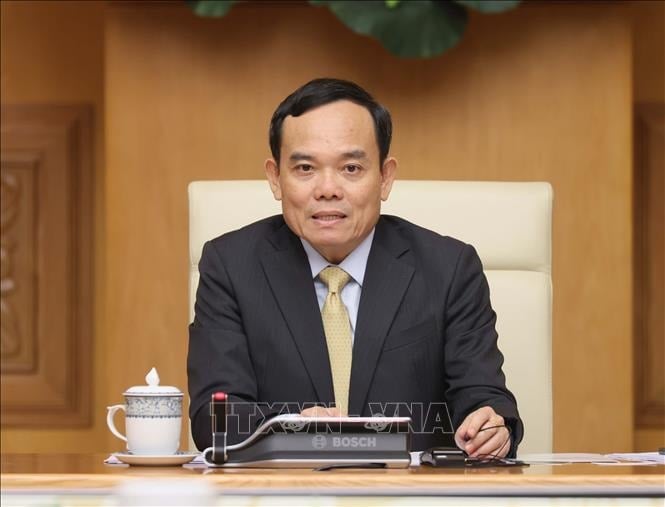
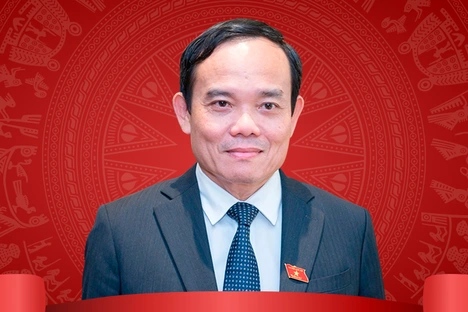

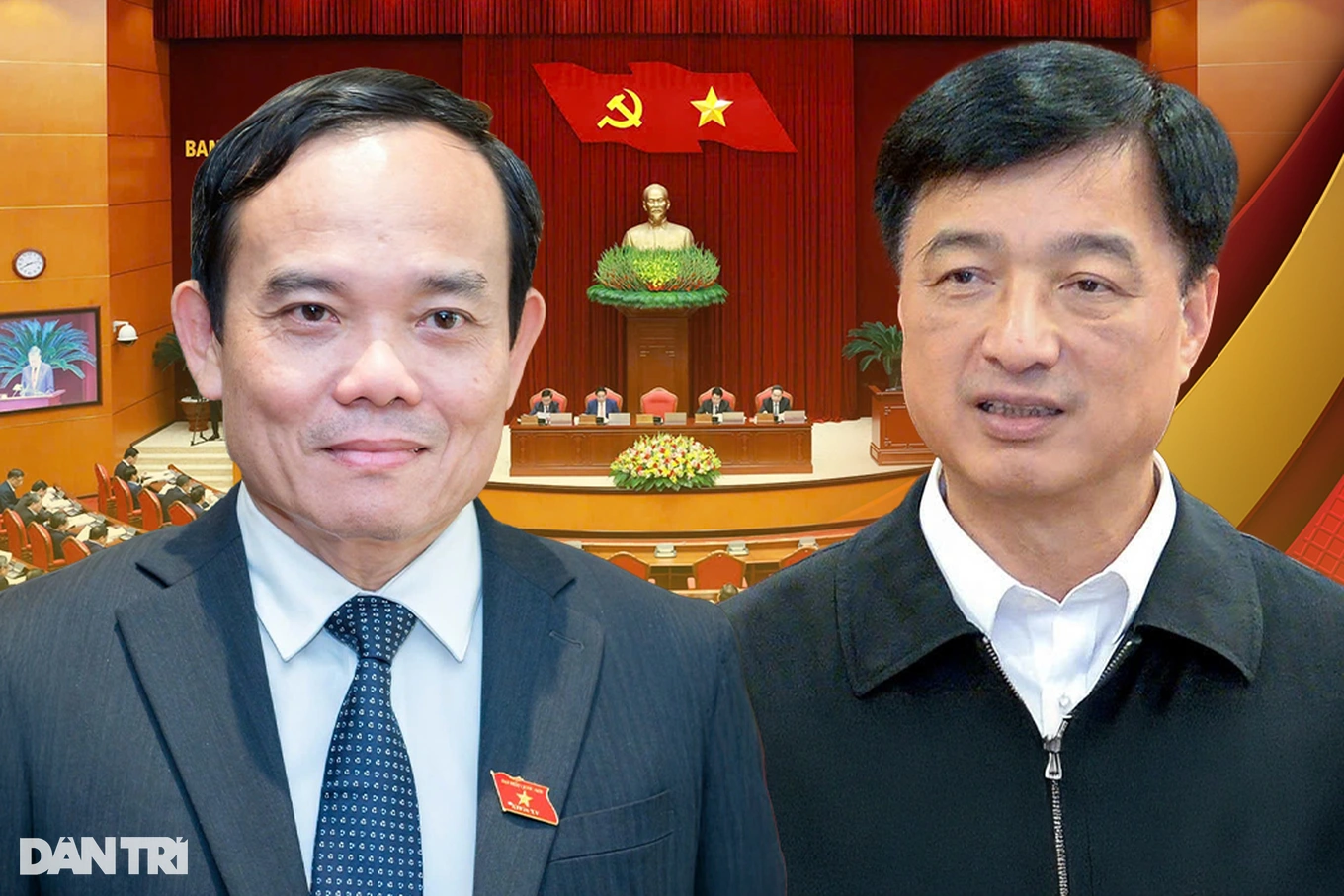
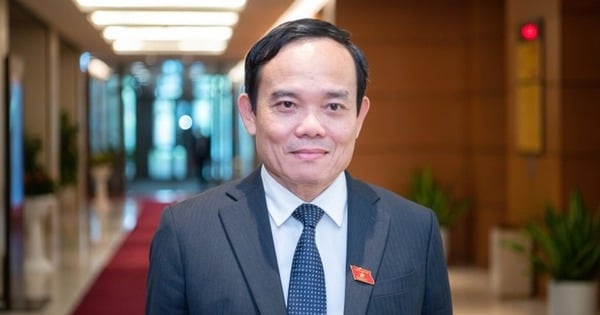
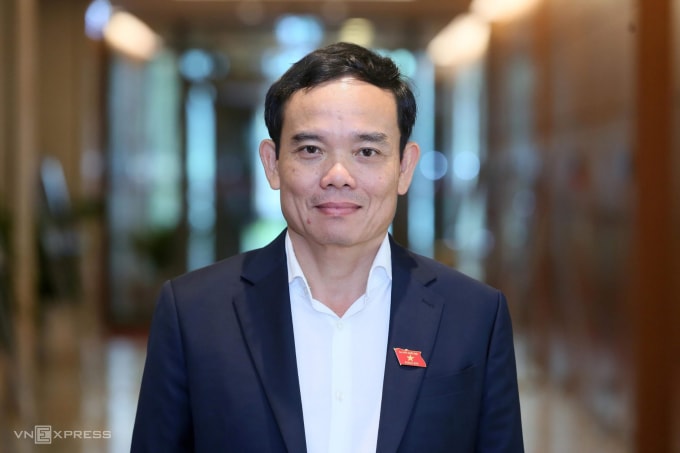
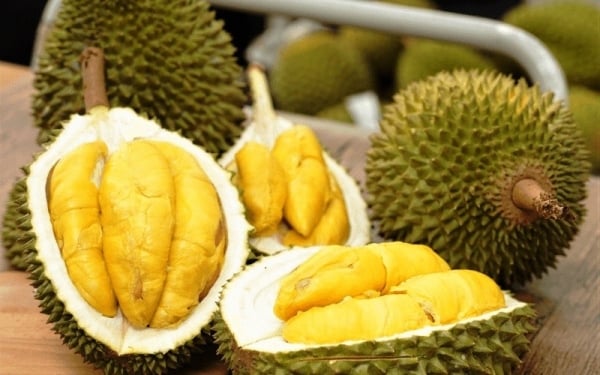

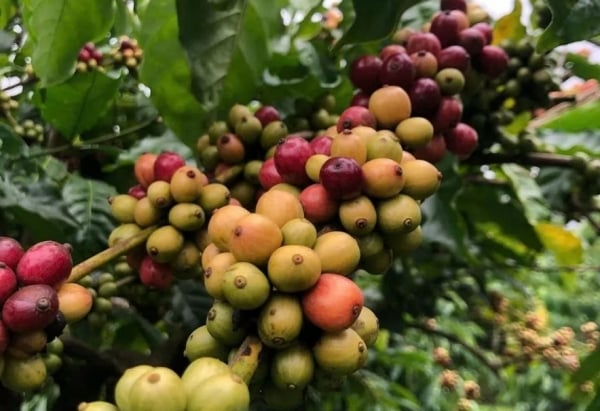
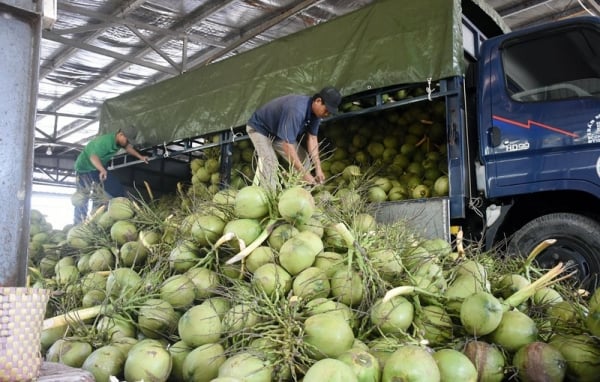
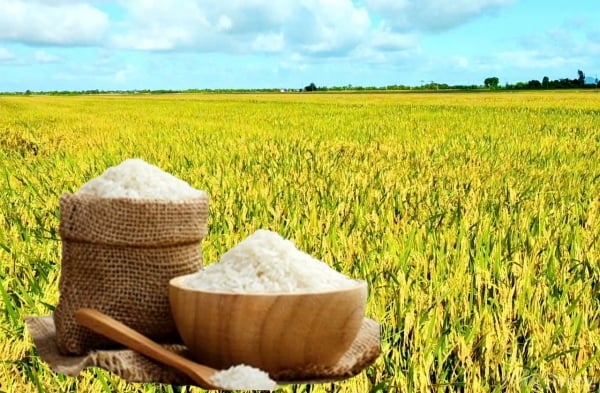
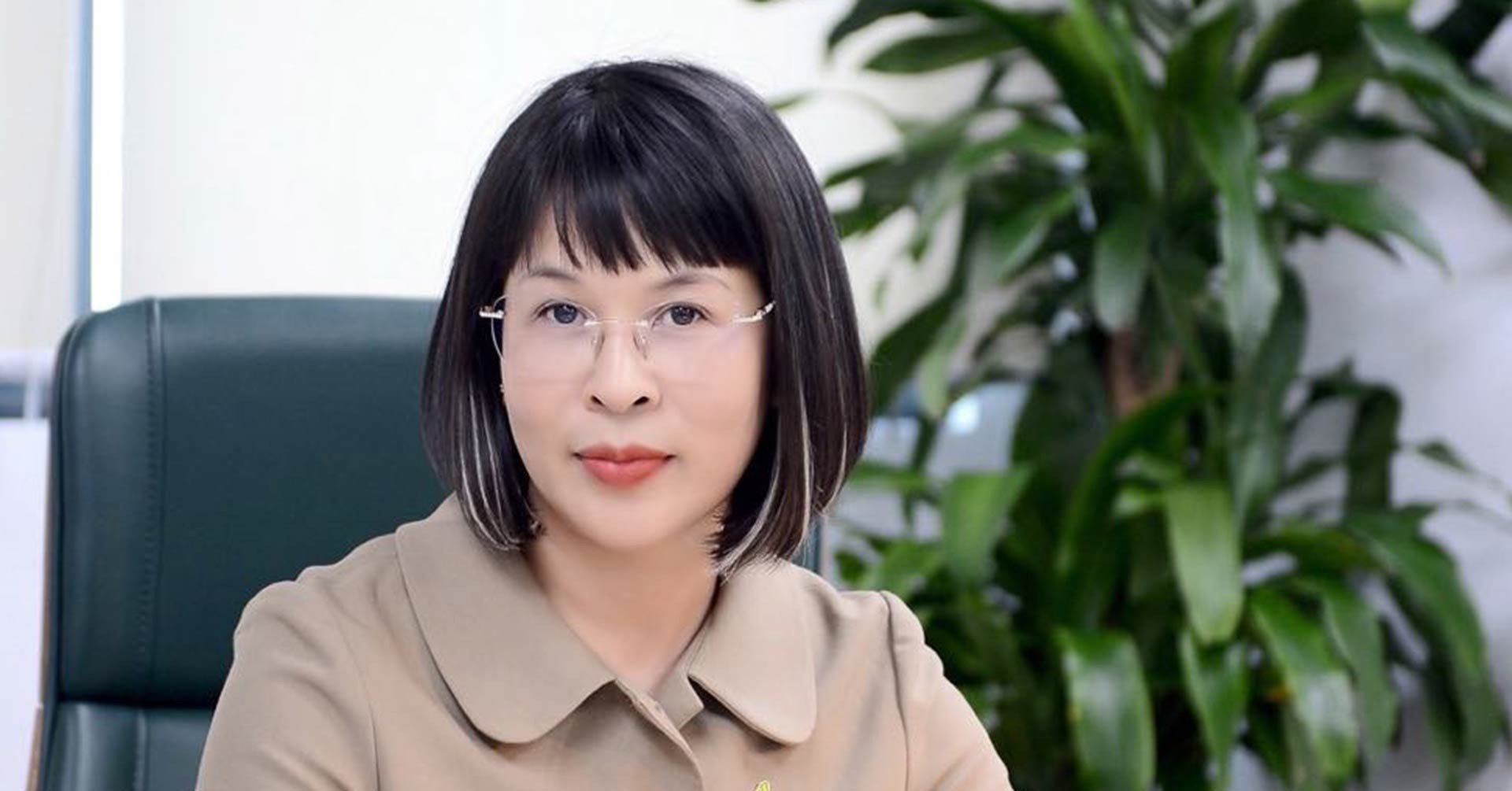







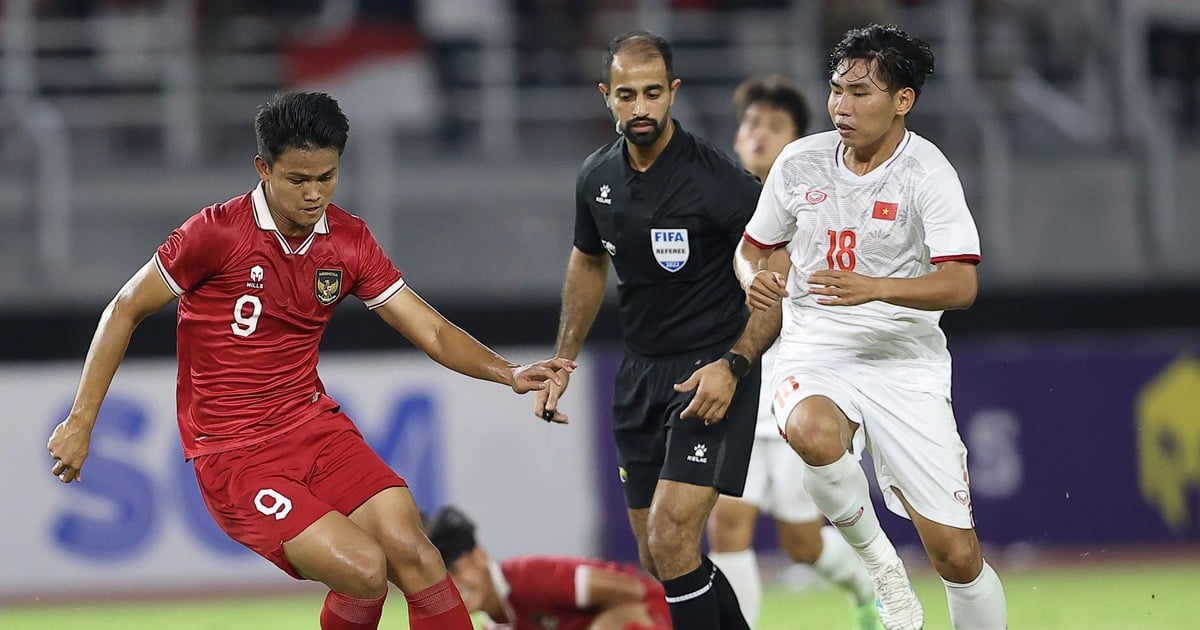







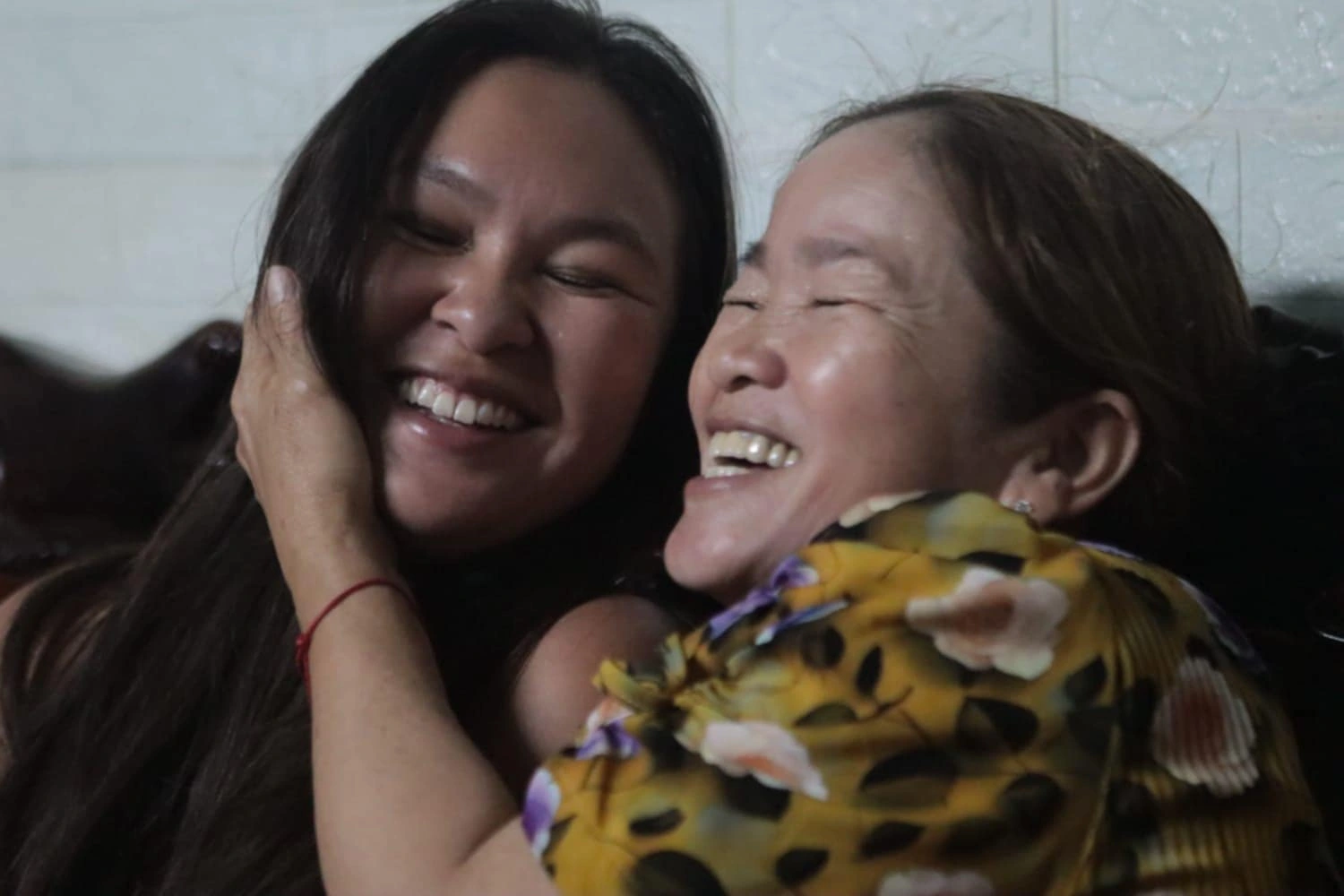



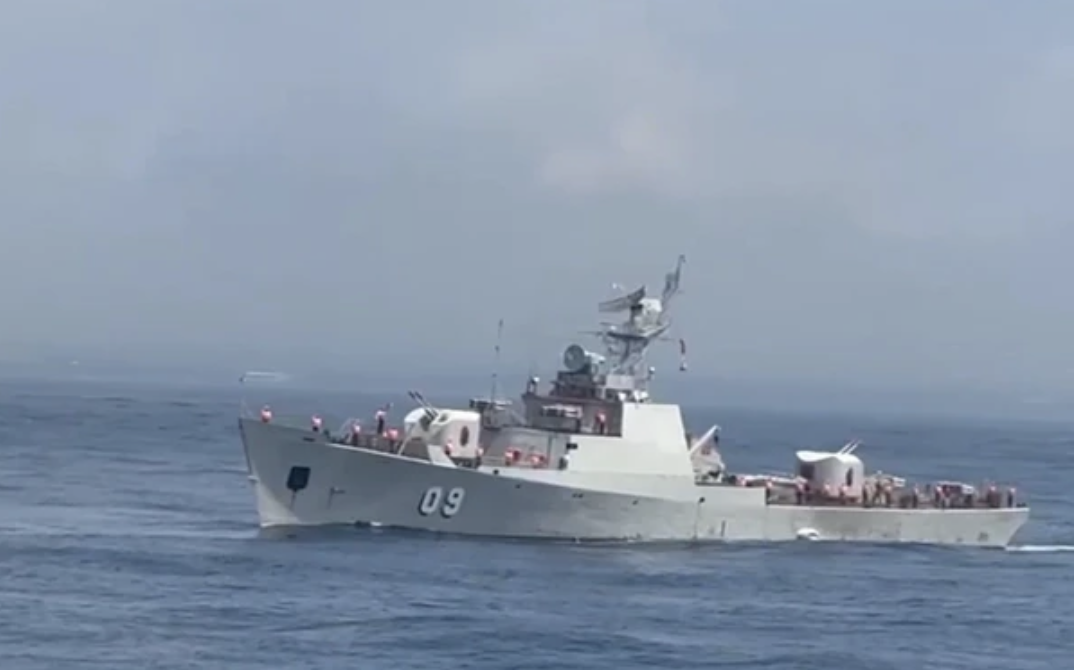

Comment (0)